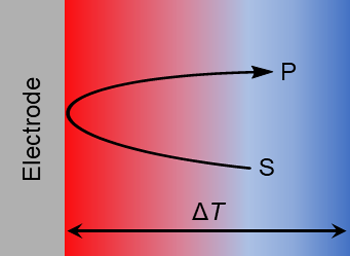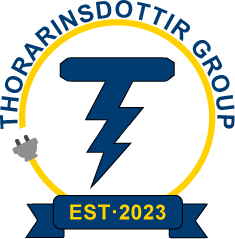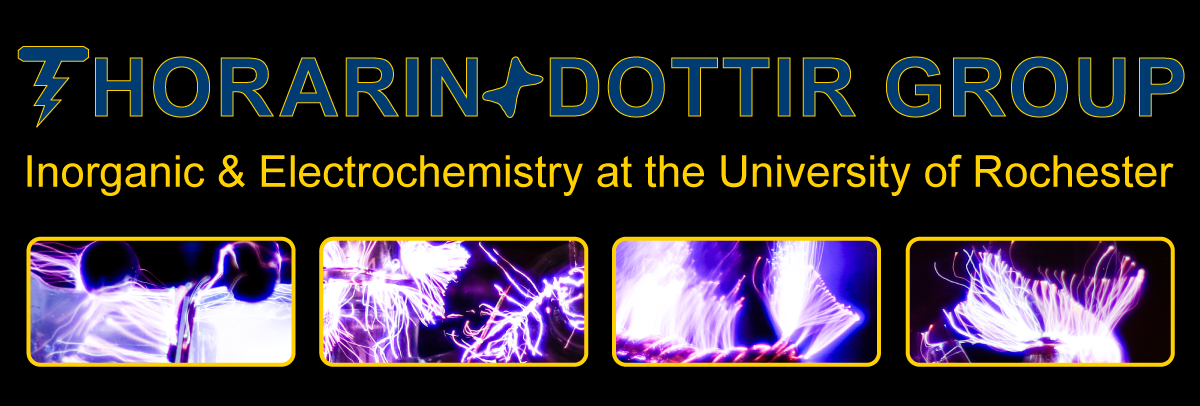Research
The Thorarinsdottir Research Group applies the tools of synthetic molecular and materials chemistry to the design of new electrochemical systems that address challenges in energy, catalysis, and environmental sustainability. We are particularly interested in developing strategies to control the chemical and physical properties of electrochemical interfaces to increase the energy efficiency and selectivity of reactions and devices.
Stimuli-Responsive Electroactive
Molecules & Materials
Stimuli-responsive electroactive molecules and materials are attractive to increase the efficiency and sustainability of energy usage. Our group synthesizes new electroactive compounds with redox potentials that are highly sensitive to stimuli such as heat and ionic strength for energy conversion and storage systems.
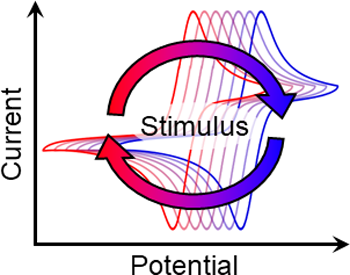
Porous Frameworks on Electrodes
Fine control over the micro-environment of electrocatalysts is critical to achieve selective and energy-efficient transformations. Taking advantage of the well-defined structures and synthetic tunability of porous framework materials, our group investigates the properties and catalytic activities of framework-coated electrodes in reactions of energy relevance.
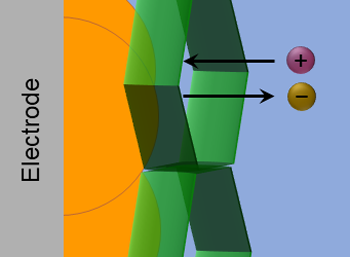
Thermal Gradients in Catalysis
The outcome of catalytic reactions is commonly dependent on the surrounding temperature. Our group is interested in developing strategies to precisely tune and quantify nanoscale temperature gradients and harnessing such gradients to increase the efficacy of catalytic reactions.
